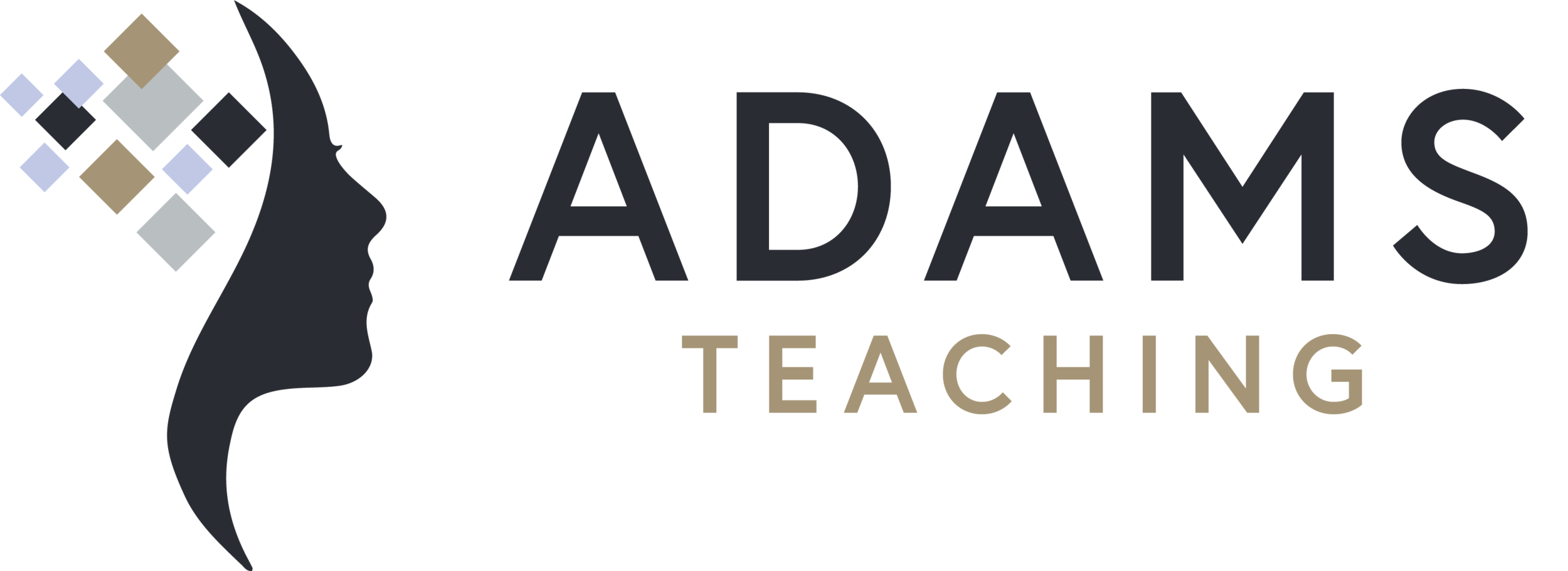Fostering Metacognition in the "During" Phase
"Students come to school to watch their teachers do all of the work."
Dr. Bill Daggett
As mentioned previously, an effective lesson has Pre-During-Post phases, with each phase intended to develop a specific skill-set.
The sentiment expressed above by Dr. Daggett is particularly true in the "During" phase of a lesson. During this segment, educators often spoon-feed too much information, not allowing students the opportunity to develop or utilize the metacognitive processes needed to analyze the information for themselves.
The "During" phase is designed to develop the following skills: visualizing, questioning, inferring, identifying main ideas, and most importantly, monitoring comprehension.
The following are effective reading techniques students can employ to increase critical thinking, engagement and comprehension in the "During" phase; these skills are referred to as "Close" reading skills in the Common Core:
- Read text SLOWLY acting as an investigator, identifying the most important who, what, when, where, why, and how for each sub-heading section
- Re-read sections to gain more comprehension-once is often not enough
- Retell (first, then, finally) each sub-heading section
- Discuss the text with a partner or two, coming to a consensus on the important details
- Sketch a picture to visualize and foster connections to the text
- Connect the new knowledge to one idea learned the day before
- Infer and develop two predictions as to what may happen next based on newly acquired knowledge
- Write 2 questions that come to mind for each sub-heading section
- Use graphic organizers such as the Double-Entry Journal, Evidence Guide and Episodic Notes
These strategies can be used alone or combined as needed to boost critical thinking and hold students accountable for engaging with the text.
Students who struggle with comprehension are often under the false impression that one is just born with those abilities. It is our responsibility as educators to develop the 21st Century College & Career Readiness skills the new Common Core emphasizes. When we model and practice the aforementioned methods in the "During" phase of a lesson, text competence, comprehension and confidence increase and students develop the "During" reading skill-set necessary for success. Julie Adams, Adams Educational Consulting, effectiveteachingpd.com
